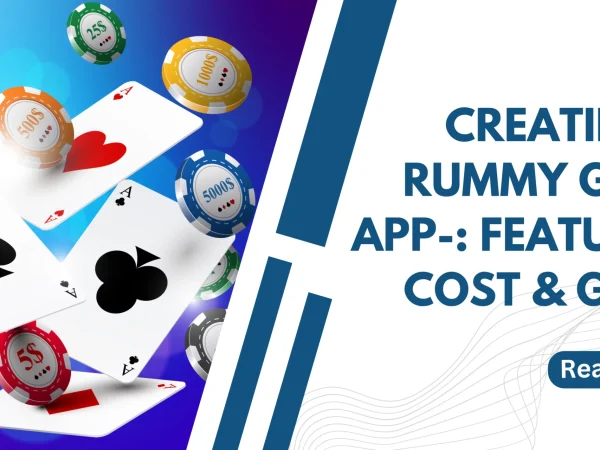Think of your brain like a muscle—the more you exercise it, the stronger it gets. And honestly, what if we told you that playing rummy could be one of the most enjoyable ways to give your mind a workout? Sure, it’s a game, but beneath the shuffling cards and strategic plays lies a powerful tool for sharpening memory, boosting cognitive function, and even delaying age-related mental decline. Let’s dive in.
How Rummy Trains Your Brain
Rummy isn’t just about luck. It’s a game of skill, pattern recognition, and quick decision-making. Here’s how it flexes your mental muscles:
- Memory recall: Keeping track of discarded cards and predicting opponents’ moves strengthens short-term memory.
- Pattern recognition: Spotting sequences and sets trains your brain to identify relationships between seemingly unrelated data.
- Strategic planning: Deciding whether to hold or discard a card involves weighing risks and rewards—just like real-life problem-solving.
In fact, a 2019 study in the Journal of Cognitive Enhancement found that card players who engaged in strategy-based games like rummy showed improved working memory and faster processing speeds compared to non-players.
The Science Behind Rummy and Brain Health
You know how crossword puzzles are often recommended for keeping the mind sharp? Well, rummy might be even better. Here’s why:
1. Neuroplasticity Boost
Neuroplasticity—the brain’s ability to rewire itself—is key to learning and memory. Rummy demands constant adaptation, forcing your brain to form new neural pathways. Every game is a fresh puzzle, keeping your cognitive flexibility in top shape.
2. Working Memory Workout
Remembering which cards have been played while planning your next move is like juggling mental tasks. This “working memory” is crucial for everything from following conversations to multitasking at work.
3. Stress Reduction (Yes, Really)
Oddly enough, a game that requires focus can also lower stress. The immersive nature of rummy acts like a mental reset, reducing cortisol levels. And a relaxed brain? It learns and remembers better.
Rummy vs. Other Brain Training Methods
How does rummy stack up against traditional brain-training apps or sudoku? Here’s the deal:
| Activity | Cognitive Benefits | Engagement Level |
| Rummy | Memory, strategy, social interaction | High (fun + competitive) |
| Sudoku | Logic, concentration | Moderate (can feel repetitive) |
| Brain-training apps | Targeted skills (e.g., math, recall) | Low (often feels like homework) |
Rummy wins for combining multiple cognitive benefits with sheer enjoyment. Plus, the social aspect—whether online or in person—adds emotional layers that solo puzzles can’t match.
Practical Tips to Maximize Rummy’s Brain Benefits
Want to turn your rummy game into a full-blown brain workout? Try these tricks:
- Play against tougher opponents. Facing better players forces you to up your game—literally.
- Time yourself. Speed rounds improve quick thinking under pressure.
- Mix up variants. Gin rummy, Indian rummy, or even Oklahoma rules—each version challenges different skills.
- Review your games. Post-game analysis (what worked, what flopped) reinforces learning.
The Long-Term Perks
Here’s the kicker: regular rummy play might pay off decades later. Research suggests that engaging in complex card games can delay cognitive decline by up to 5 years. That’s like giving your future self a mental safety net.
And let’s not forget—it’s a blast. Unlike dry memory drills, rummy feels like play, not work. The brain learns best when it’s having fun, after all.
Final Thoughts
Next time someone dismisses your rummy habit as “just a game,” smile knowingly. You’re not just playing—you’re fine-tuning your brain’s agility, one card at a time. Now, who’s up for a round?





